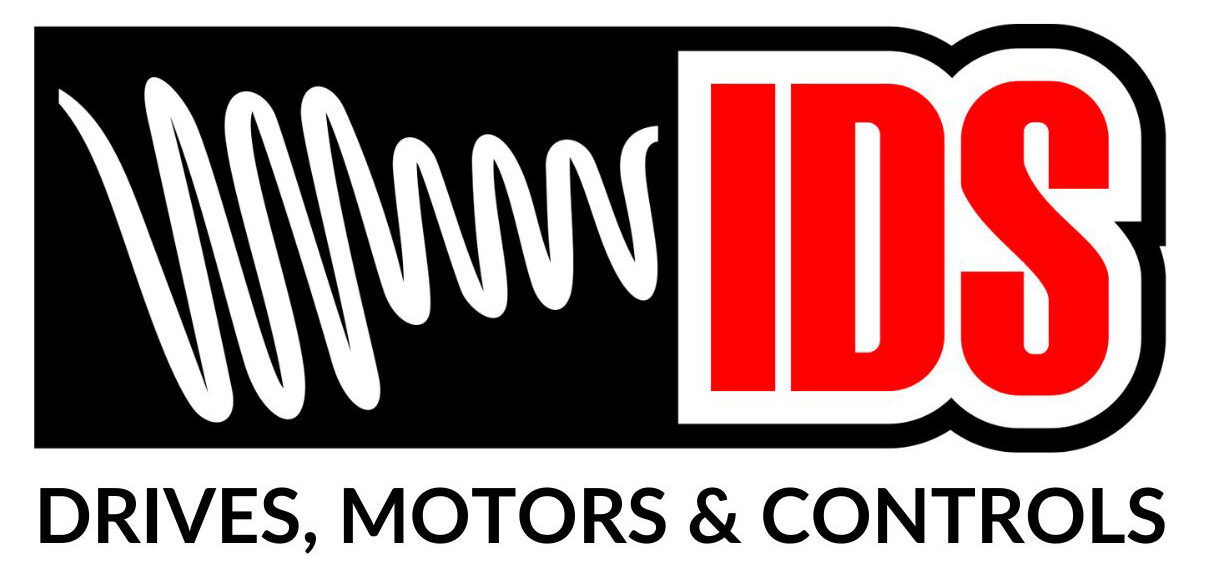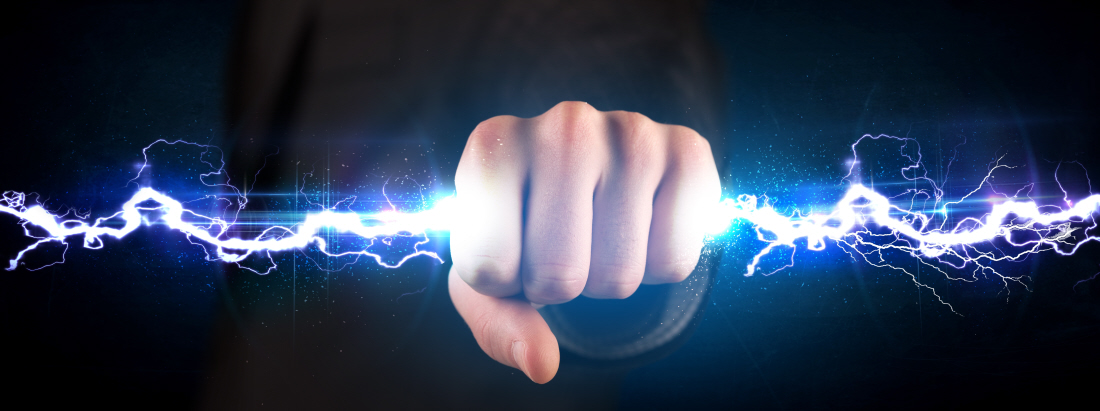The Effect Inverters Have On Power Factor Correction
Power factor is a measurement of reactive power and is the VA used to establish the magnetic field in an AC motor. It only occurs in AC circuits and has no units, being described as a ratio – a number between minus 1 and plus 1.
The Effect Inverters Have On Power Factor Correction
Equipment such as AC motors, arc welders, furnaces, fluorescent lighting and air conditioning, which are a major portion of the power consumed in industrial complexes, can cause a poor power factor. Unlike resistive loads that create heat by consuming kilowatts, inductive loads require the current to create a magnetic field, and the magnetic field produces the desired work. The more inductive loads you have on your network then the more likely it is that you will have a poor power factor. A simple check on your electricity bill will tell you. It must state clearly what your reactive power charge is and will probably indicate your power factor. If is below 0.95 then you need to take action now.
Low power factor is expensive and inefficient. All UK electricity suppliers impose an excess reactive penalty charge where the average power factor is lower than 0.95 lag. Low power factor also reduces your electrical system’s distribution capacity by increasing current flow and causing voltage drops.
So, How can an inverter help?
Think of an inverter driving an induction motor. Strictly speaking, as the variable frequency drive does not cause any significant displacement of the voltage and current waveforms on its input, it could be thought to have a power factor of close to unity. So, by adding a variable speed drive you will improve the operating power factor of the motor to almost unity.
Benefits of Inverters with Power Factor Correction
Reduced electricity bill – Avoiding the excess reactive power charge.
Improved energy efficiency – Reduce system currents and kW losses.
Security of supply – Reduction in peak currents prevents fuse failure and loss of supply.
Release additional capacity – Take advantage of the full current capacity available in transformers, switchgear and supply cables.
Environmentally friendly – Reduced kWh losses mean that less power needs to be generated, so less CO2 is produced, which contributes to your carbon reduction commitment.
Increase the service life of your infrastructure – The amount of heat generated within cables, switchgear, transformers and other equipment is reduced, helping increase the service life of your vital assets.
By using inverters the requirement for power factor correction equipment is reduced. If a large number of inverters are used chose detuned power factor correction equipment.
If you require further information about the effect inverters have on power factor correction contact our engineers on 0115 944 1036 or email [email protected]

